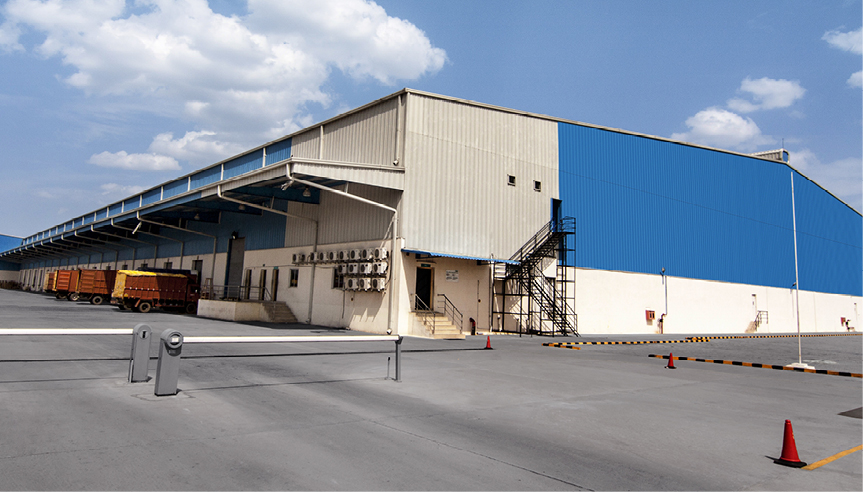
It doesn’t matter if you live in the city, the suburbs, or rural and forested areas, the ongoing spree of warehouse development is putting all of us at risk. This rampant growth, spurred by e-commerce, is drawing shock and outrage from across the political divide.
Today, the full NJ Senate is expected to vote on Bill S3688 put forward by State Senate President Stephen Sweeney (D-Salem) that would give neighboring communities and counties an opportunity to become involved in the siting process through updating municipal land use laws. The bill would require notification to communities that would be impacted by the proposed warehouse application, and give county planning boards the power to approve or deny contested applications.
While Clean Water Action fully supports S3688, state director Amy Goldsmith states it does not go far enough. “As it stands now, warehouse development is dirty, polluting development,” said Goldsmith. “We need mandates on how to develop warehouses in addition to where to put them.
“While elected officials might welcome these behemoths for the tax ratables, the sad truth is that rampant warehouse development is gobbling up land, destroying neighborhoods, and quality of life, while exacerbating air pollution, flooding, and traffic congestion," added Janet Tauro, NJ Board Chair. “Developers shouldn’t be allowed to just throw up a huge box with four walls, millions of square feet of storage, and hundreds of truck bays.”
While unrestrained warehouse development may finally be catching attention as open spaces are being paved,urban areas have suffered environmental and public health effects from warehouses for decades. Over 25,000 trucks hauling millions of tons of goods travel in and out of the Ports of Newark and Elizabeth daily. Many of these trucks are old, diesel-powered, and polluting.
These trucks spew hazardous emissions into nearby neighborhoods, and impact drivers and port workers. Diesel emissions contain black carbon and have been linked to asthma, cancer, heart disease, stroke, and neurological disorders. The US Environmental Protection Agency estimates that 21,000 people nationwide die prematurely from breathing diesel fumes each year.
Future planning must include repurposing empty structures such as malls, factories, and department stores as a first location of choice. The structures should be emissions free and energy self-sustaining. Trucks traveling in and out should be electrified and the route should be on designated corridors away from neighborhoods, schools, and playgrounds. Charging stations must be present at the truck bays. Large distribution centers in Europe have already undertaken some of these steps with a carbon neutral goal.
E-commerce is here to stay and likely to expand. If there is to be more warehouse development, a regional needs assessment must be undertaken and local officials must be tougher drafting zoning laws that allow them in the first place.
Careful siting, planning, and strong mandates will curb warehouse overdevelopment, otherwise the landscapes we cherish will be ruined, and our families and communities will continue to be poisoned.
Since the organization’s founding during the campaign to pass the landmark Clean Water Act in 1972, Clean Water Action has worked to win strong health and environmental protections by bringing issue expertise, solution-oriented thinking, and people power to the table. www.cleanwateraction.org/nj